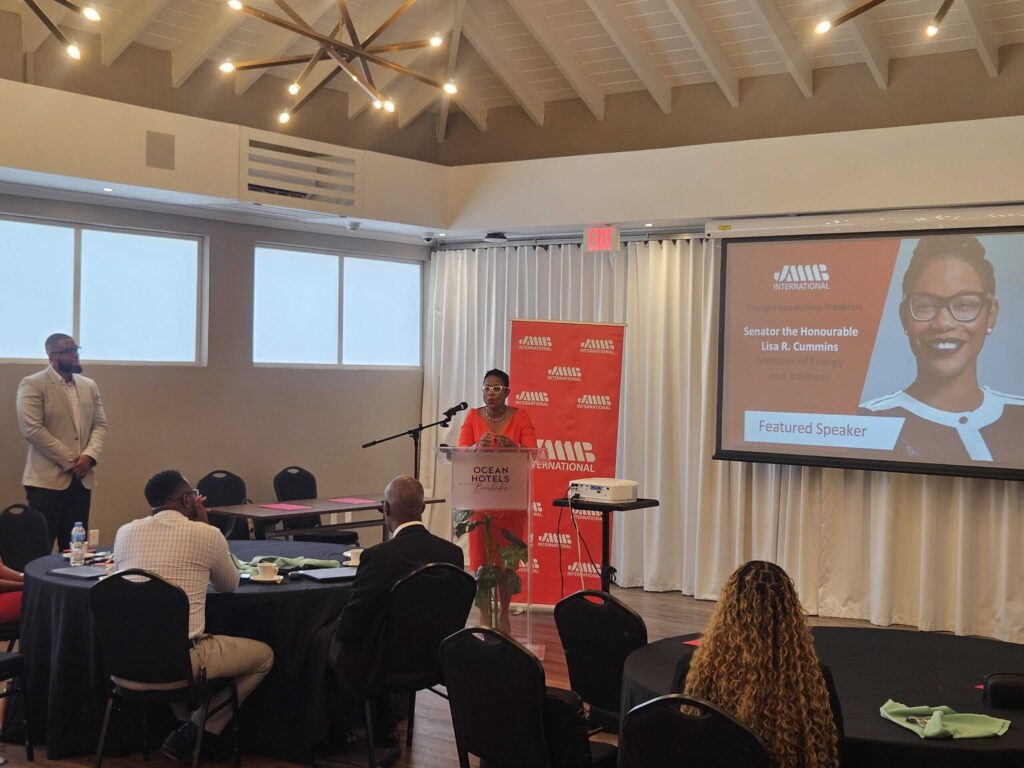Cancer care systems in the Caribbean face growing pressure from delayed treatments, limited access to advanced therapies, and a backlog worsened by the pandemic, experts warned on day two of a Barbados Association of Medical Practitioners’ doctors conference.
But the experts also suggested that despite limited resources, the region can deliver high-quality cancer care by maximising existing capacities and reinforcing multidisciplinary approaches that prioritise human and technological resources to achieve better outcomes.
The continuing medícal education conference (CME), themed A holistic approach to cancer care, focused on the rapidly evolving cancer landscape in the Caribbean and the strains placed on public healthcare systems struggling to keep pace.
In a detailed look at multidisciplinary cancer management and the limitations facing clinicians across the region, Dr Kelly Alleyne-Mike said the most advanced cancer therapies are not universally available and that some drugs “will not work at advanced stage” of disease, leaving certain patients with situations that can be met only by private practice.
She noted these gaps in access are not unique to Barbados or the wider Caribbean but highlighted that “the Caribbean must operate with limitations in material resources, equipment and tools.”
The COVID-19 pandemic further strained the system, Dr Alleyne-Mike said, creating “a backlog of patients that did not start their treatment when needed to, leaving clinicians to manage delayed diagnoses, disease progression and long-term consequences.”
Despite these challenges, she noted progress in telemedicine, which allows specialists to share expertise and information virtually. She described this model as key to strengthening multidisciplinary care, both nationally and across borders, advocating for its broader adoption within the region.
Dr Mike also highlighted lifestyle medicine’s role in survivorship, citing exercise, quality sleep, stress management, nutrition and supportive relationships as having a “real tangible impact” on recurrence, fatigue, overall survival and the cancer experience.
Her overarching goal is to ensure patients receive “the best decisions for their health” through coordinated care despite resource constraints. “We want to make sure that every bit of quality life that we can squeeze out of this experience is something that makes them have more access to their lives,” she said.
Registered physiotherapist Dr Jacqueline King addressed the often-overlooked role of physiotherapy in cancer care. She explained that physiotherapy is critical from diagnosis through to palliative care, observing that while “the use of physiotherapy in the management of cancer is not well recognised in cancer treatment, it significantly improves function, reduces complications and enhances quality of life.”
Dr King advised exercise should be a core treatment, noting evidence shows it “is safe and effective at all stages of cancer once it is properly supervised. It reduces fatigue, improves energy and helps patients maintain daily independence.” She cautioned that programmes must be personalised, especially for individuals with metastases, and stressed the necessity of trained physiotherapists.
The CME conference’s consensus was that true holistic cancer care in the Caribbean requires teamwork and coordinated effort. Strengthening collaboration among surgeons, oncologists, nutritionists, podiatrists and mental health professionals is essential, along with regional investment in training specialists, improving equipment and creating systems supporting shared decision-making, the medics agreed. (DT)
The post Caribbean cancer care, ‘under pressure, can work around’ treatment delays, shortages, say docs appeared first on Barbados Today.


